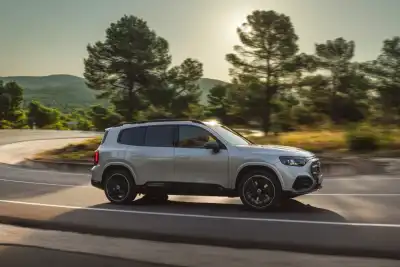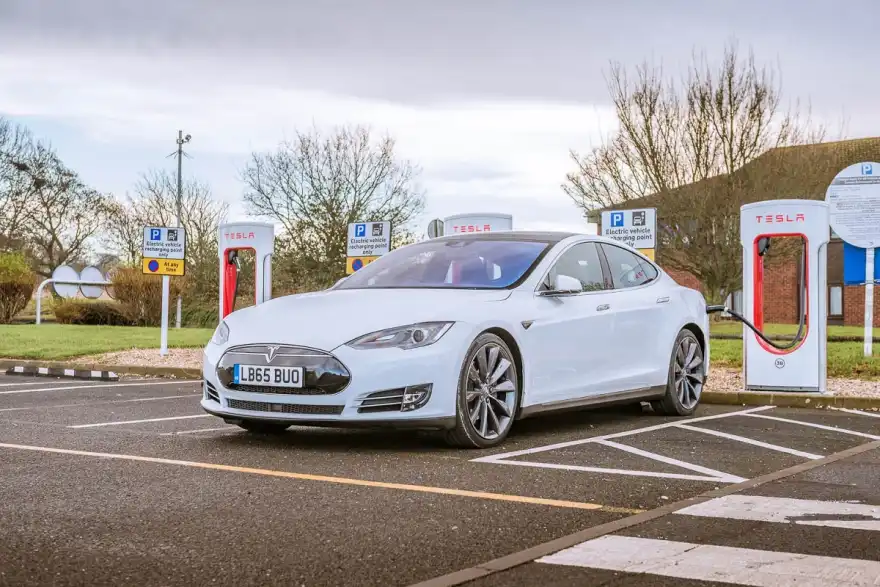
Chris Green, our CCO and founder, has predicted that road tax will essentially become a ‘pay-per-mile’ form of transport, where users get charged on their road usage, opposed to billed annually via car tax – a move which could play havoc with haulage and taxi firms.
The Government must implement these sweeping tax changes to recoup the revenue lost as clean, zero emission, electric vehicles become increasingly popular. It was announced last week that EV grants will be cut from £3,000 to £2,500, while the cap at which no grant can be claimed was reduced to £35,000.
As a result, Green has predicted that wider taxation changes will soon be necessary as enormous amounts of money come via the sale of petrol and diesel, and taxation of the cars that run on those fuels - all of which look set to plummet in the coming years.
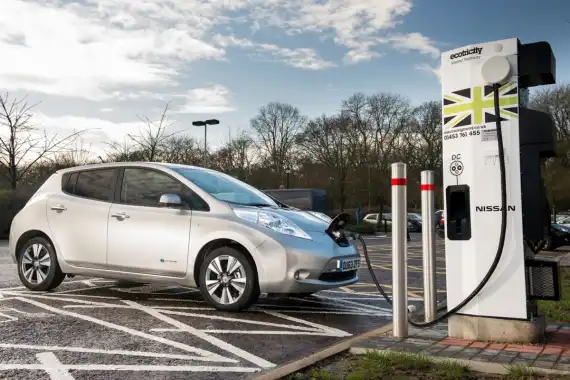
Chris Green, said: “There’s three significant pots of cash which the UK Government will need to recoup elsewhere; Fuel Duty, Vehicle Excise Duty and VAT. Fuel Duty has totalled between £26.2bn to £27.6bn of annual revenue between 2009/10 and 2019/20 for various UK governments, and when you couple that with lost revenue due to VAT and Vehicle Excise Duty, I expect there will be a funding gap of around £40bn come 2030 when sales of new petrol and diesel vehicles will be outlawed.”
Fuel Duty is included within the price of fuel so it is paid by motorists on the forecourt. The rate is 57.95 pence per litre for petrol and diesel, therefore raising enormous sums. This tax will, however, become less lucrative – at least in its current form – once electric cars become the dominant force as fewer people will be buying traditional fuels.
Vehicle Excise Duty, or car tax, is another main income stream. This is calculated via the vehicle’s CO2 emissions when it is first registered, and UK motorists forked out between £5.7 to £6.4 billion per year between 2009/10 and 2017/18. The pricing structure encourages drivers to pick low emission vehicles to minimise pollution.
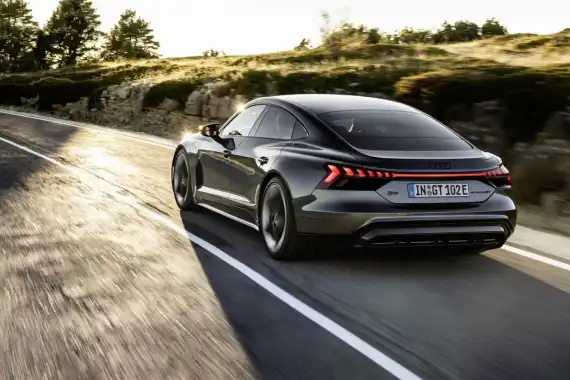
As such, it is now free to tax electric cars that don’t emit pollutants and revenues will clearly fall as zero emission vehicles become increasingly popular.
And the numbers get worse for the Government’s accountants. Although VAT is 20% on both fuel and electric power, you can already travel around twice as far for £5 of electric power than you can for £5 of either petrol or diesel – and that is with today’s electric technology – meaning whichever government is in power will lose out through VAT, too.
And now Green has urged the Government to clarify how it will be funding this gap so motorists can make informed decisions when buying their next car. “Over the coming months and years, people will be making car buying decisions that will be affected when whichever new tax or taxes are introduced to plug the gap lost from Fuel Duty, Vehicle Excise Duty and VAT. I’d now like to ask the Government to outline what approach it will be taking with regards to electric vehicle taxation given how quickly EV ownership has progressed in the last few years, and how quickly it will continue to evolve.
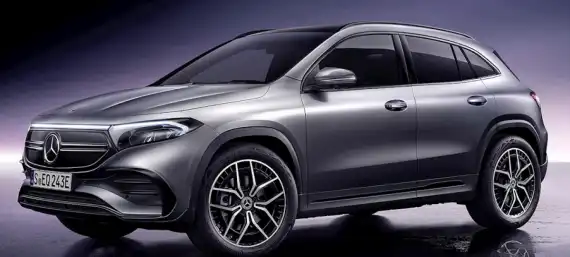
“I predict that we, as road users, will move to a pay-per-mile system but the Government will undoubtedly have to subsidise those who are using the roads for business, otherwise there will be 100s of firms going bust and costs for consumers from everything to online shopping to catching a taxi will go through the roof.
“I also expect that there won’t just be one exclusive new measure brought in. For example, Fuel Duty could evolve and be charged per kilowatt on electricity from public car chargers, but I doubt the Government would add a Vehicle Excise Tax on any new electric cars until well into 2030, as surely, they will need to do all they can to encourage users to switch, especially while upfront costs are still typically higher than petrol and diesel alternatives.”

